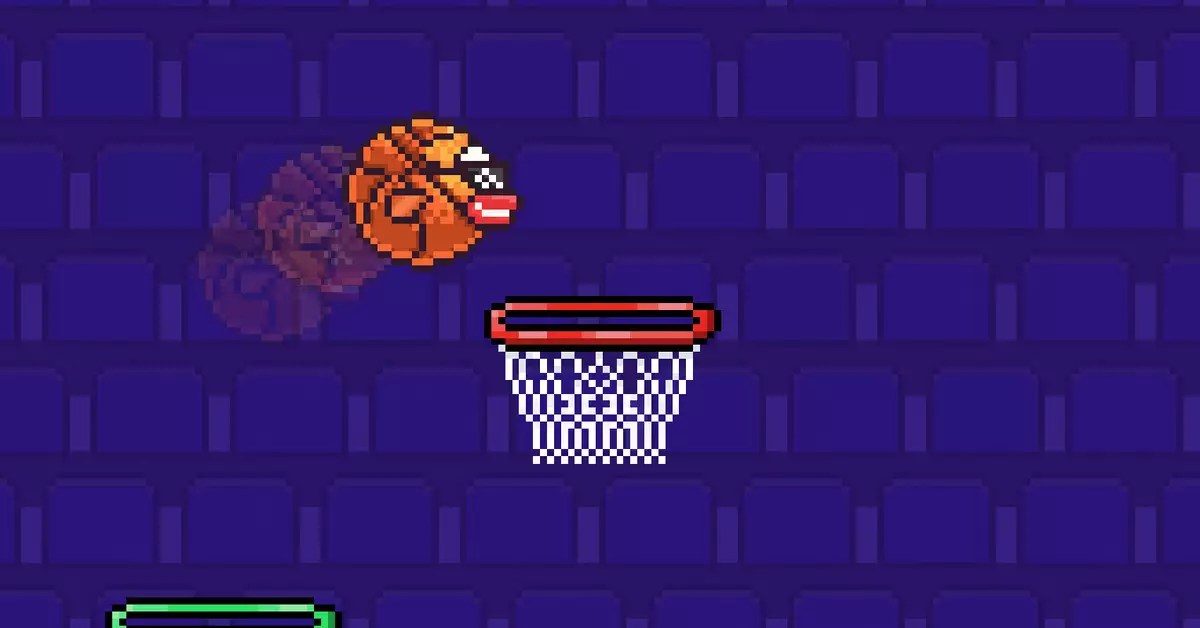The gaming community was recently stirred by the announcement of a new Flappy Bird game, supposedly heralded as a comeback of the classic mobile game that captivated millions in its heyday. However, the circumstances surrounding this relaunch reveal a complex web of legal battles and miscommunication. While The Flappy Bird Foundation takes center stage in heralding this revival, original creator Dong Nguyen has explicitly denied any involvement, suggesting a significant disconnect between his vision and what is being presented as a revival.
Nguyen’s statement, made during his first social media interaction since 2017, clarifies that he did not authorize the game’s return, and he maintains that he has not sold any rights to the IP. This assertion casts a shadow over the Flappy Bird Foundation’s bold claims that they have secured rights from Gametech Holdings, LLC. This company filed a trademark claim that counters Nguyen’s original rights, ultimately leading to the US Patent and Trademark Office declaring Nguyen’s trademark abandoned. The irony is stark: a game that once defined a genre is now caught in a tug-of-war between corporate interests and its original creator.
The Flappy Bird Foundation’s promotional strategies leverage nostalgia, aiming to evoke the magic that once made the game a phenomenon. Their campaign features a trailer that romanticizes Flappy Bird’s meteoric rise and its abrupt fall, striving to remind players of cherished memories while hinting at the excitement of a new release in 2024. This tactic might effectively hook an audience seeking a nostalgic thrill, but it also raises ethical questions about authenticity.
Furthermore, the announcement neglects to mention Nguyen’s lack of participation, thus misleading fans who might hope that the revival will capture the essence of the original. The emotional connection many possess with the original game is real, yet it collides with corporate reinvention, leading to potential disappointment. A game is more than just mechanics; it’s an amalgamation of the creator’s vision and the players’ experiences.
In addition to the legal and nostalgic elements at play, the planned launch hints at a shift towards web3 technology, which has been a hot topic across various industries. References to blockchain technologies and a possible cryptocurrency integration raise eyebrows. The notion of “staking” and “ownership” through participation in the game may sound appealing, but it risks alienating traditional gamers who may not want to navigate a new terrain rife with cryptocurrencies and speculative investments.
Is this transition to web3 a genuine enhancement or merely a buzzword-laden attempt to attract a specific audience? Only time will tell if the integration of blockchain will provide meaningful experiences or simply serve as another gimmick that overshadows the core gameplay elements.
As excitement builds around the re-emergence of Flappy Bird, one must approach this announcement with caution. The combination of Nguyen’s absence, potential legal disputes, nostalgic marketing tactics, and the questionable pivot to web3 raises significant red flags. While it is natural to look forward to revisiting a beloved game, the reality of its return might not live up to the cherished memories of yesteryear. In the end, the tale of Flappy Bird’s return may serve more as a cautionary reminder of the fragile balance between nostalgia, creator integrity, and commercial interests in the gaming industry.


Leave a Reply